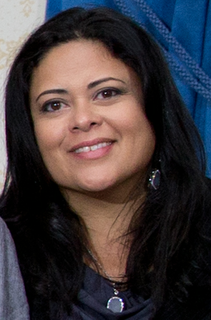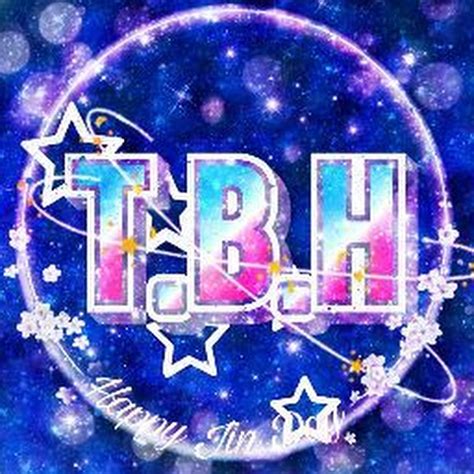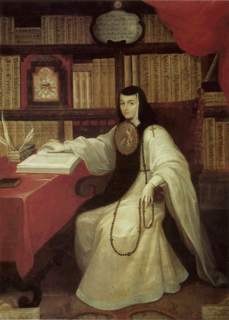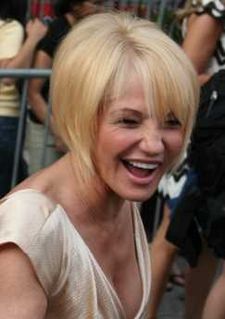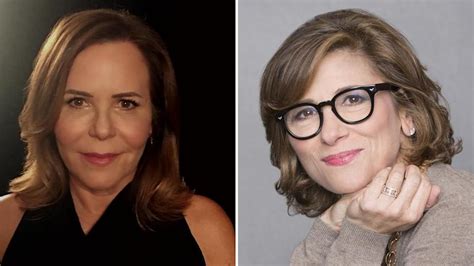A Quote by Julie Andrews
My mother was terribly important to me, and I know how much I yearned for her in my youth, but I don't think I truly trusted her.
Related Quotes
When you think in terms of public service, I heard so much about what Mother Theresa had done in her life. And I was fortunate enough to get a chance to meet her and talk to her a lot about what motivates her and what drives her. And that, to me, is a person that really is an extraordinary role model.
My mother raised 14 kids, with little means, from our humble house in Southwest Detroit - and now her daughter, who started school not speaking English, is going to be a congresswoman. It was so important for her to know her strength got me here, and that I'm going to fight every day with her spirit inside me.
I know also another man who married a widow with several children; and when one of the girls had grown into her teens he insisted on marrying her also, having first by some means won her affections. The mother, however, was much opposed to this marriage, and finally gave up her husband entirely to her daughter; and to this very day the daughter bears children to her stepfather, living as wife in the same house with her mother!
Her [Eleanor Roosevelt] father was the love of her life. Her father always made her feel wanted, made her feel loved, where her mother made her feel, you know, unloved, judged harshly, never up to par. And she was her father's favorite, and her mother's unfavorite. So her father was the man that she went to for comfort in her imaginings.
I was not yet three years old when my mother determined to send one of my elder sisters to learn to read at a school for girls we call the Amigas. Affection, and mischief, caused me to follow her, and when I observed how she was being taught her lessons I was so inflamed with the desire to know how to read, that deceiving - for so I knew it to be - the mistress, I told her that my mother had meant for me to have lessons too. ... I learned so quickly that before my mother knew of it I could already read.
I'm Method trained. How is this character like me? What does she think of her mother? What does her mother think of her? It's like construction, and then, yes, you hope you're talented and that the universe aligns and captures the kind of laborer's work you've done and whatever else sprinkles down on you, and it's all caught on film or onstage.
Her mother died at the age of 29, essentially turning her face to the wall and deciding to die. And so we can only imagine the agony she felt. And Eleanor Roosevelt really wanted to make her mother happier, and - and to make her live, you know, make her want to live. And there's something about, you know, when your mother dies, this sense of abandonment. I think Eleanor Roosevelt had a lifelong fear of abandonment and sense of abandonment after her parents' death.
One thing I did have under my belt was, my mother lost her mother when she was 11. She mourned her mother her whole life and made my grandmother seem present even though I never met her. I couldn't imagine how my mom could go on but she did, she took care of us, she worked two jobs and had four children. She was such a good example of how to conduct oneself in a time of grief. When I lost my husband, I tried to model myself as much as I could on her.
She had sacrificed her childhood to save her brothers; she loved her family above all else, and her spirits yearned to return home once more, to the wild forest and the land of mystic tales and ancient spirits whence he had taken her. That was the place of her heart, and if he loved her, he must let her go.


